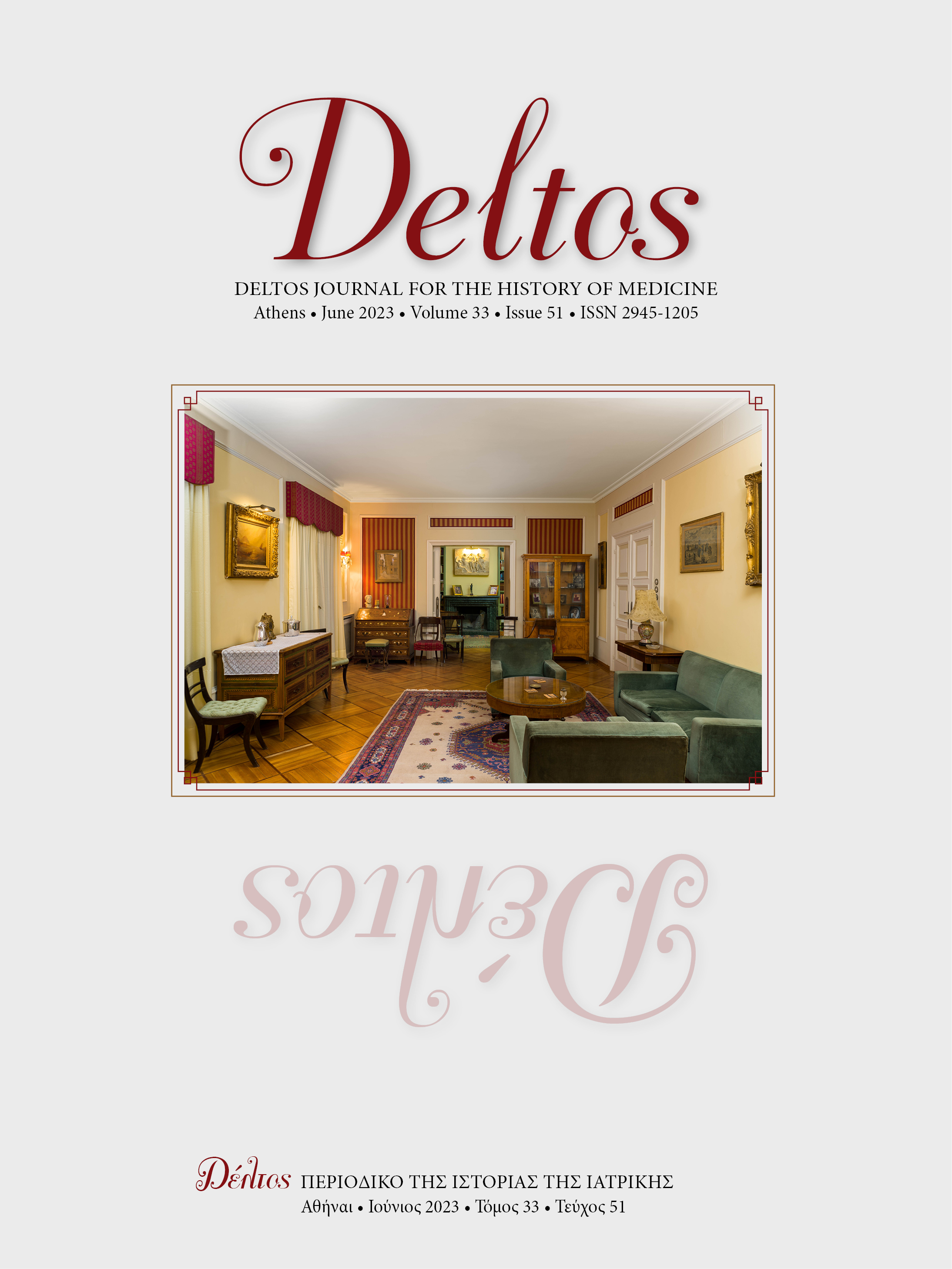Bioethics - Origins and Birth. Inaugural Lecture

Abstract
Bioethics is the study of ethical issues emerging from advances in Biology, Medicine and our environment. The oldest sub-discipline of Bioethics is Medical Ethics. This can be traced back to the earliest writings in Egypt and Mesopotamia, in the 3rd millennium BCE. The “Hippocratic Oath” was the most important milestone dominating ethical rules for 2,500 years. With the advent of Christianity, these early ethical rules were expanded and accepted throughout the Western World. However, the term Medical Ethics itself was only coined in 1803 by Thomas Percival, outlining the obligations and conduct expected of healthcare practitioners and institutions. Regrettably, subsequent codes of ethics did not provide for any legal repercussions. As a result, during the Nuremberg Trial for Nazi physicians, only patient deaths were punishable, while all other heinous acts could not be punished. Remarkably, no country worldwide had legislation to prosecute physicians who had violated their oath. The Nuremberg Code and the Geneva Declaration, which followed offered again merely guidelines for physicians. With the rate of medical knowledge doubling at an accelerated pace from every 50 years in the 1950s to every 2 months today, new ethical dilemmas have emerged that cannot be resolved by the current recommendations. The discovery of genes, cloning, genetic manipulation, selection criteria for chronic haemodialysis and transplantation, contraceptives for birth control, abortion, brain death, vegetative state, the right to die and euthanasia, along with extracorporeal fertilisation, surrogate motherhood, sexual relations and numerous other ethical issues, have become significant concerns that will need to be reconsidered in the future. What is deemed acceptable in one country may still be prohibited in another. Legal regulations are often implemented years after the ethical problems have arisen, and many physicians have found themselves caught in the middle and incarcerated. With the advent of the Industrial Revolution, the atomic bomb, gene discovery, and manipulation, and many other developments, the Earth has entered a new geological epoch, known as the “Anthropocene”. As we are unable to foresee what lies ahead, it is imperative that we pass down to our students and future generations the timeless ethical principles that we have inherited from our forebears and adapted to our era. These values encompass the safety of patients, respect for their autonomy, avoidance of harm and promotion of well-being, detailed information and informed consent, respect of confidentiality, impartiality towards all patients irrespective of gender, race, religion or beliefs, treatment, pain relief, fairness, and concurrently, respect for the rights of all humans, animals, and nature. It is imperative that these values are always kept at the forefront of our minds. These will enable our students, successors, nursing staff, theologians, lawyers, sociologists, psychologists, administrative personnel, and ethical committees to find common ground and prevent conflicts with patients, their families, or society. The cultivation of self-control, constructive criticism of our decisions, and quality control shall remain our duty forever.
Article Details
- How to Cite
-
Geroulanos, S. J. (2024). Bioethics - Origins and Birth. Inaugural Lecture. DELTOS, 33(51), 19–30. https://doi.org/10.12681/dj.38107
- Issue
- Vol. 33 No. 51 (2023)
- Section
- Reviews

This work is licensed under a Creative Commons Attribution-NonCommercial 4.0 International License.


